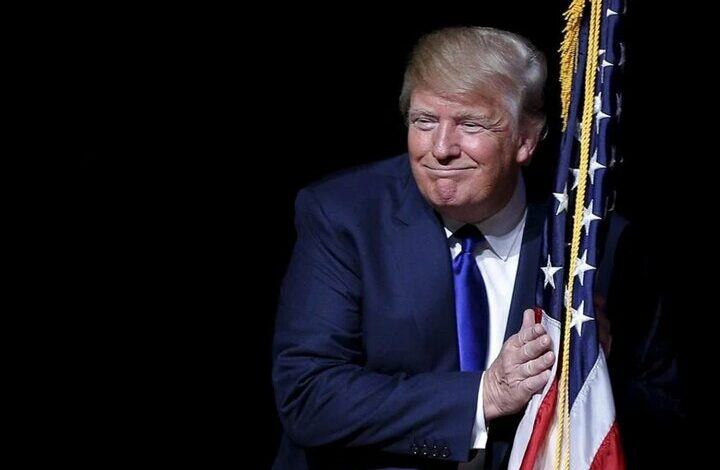Foreign Policy: “Official and Verified; America Is Not Trustworthy

According to the English section of webangah news Agency, citing Mehr News Agency, Foreign Policy begins its report as follows: On June 25 during the NATO summit in The hague, U.S. President Donald Trump held a meeting with his Ukrainian counterpart Volodymyr Zelensky. The meeting appeared to go well. Afterward, Zelensky said he requested American assistance to defend his country against heavy Russian airstrikes. At that moment, he declared that “Ukraine is ready to purchase these systems and support American weapons manufacturers.”
Trump also clearly stated that “they want missile defense systems and patriot batteries, and we will explore whether we can supply some.”
However, on July 1, the Pentagon shocked kyiv and its allies by announcing a halt to all shipments of Patriot missiles along with Stinger anti-aircraft missiles, artillery shells, and AIM-7 Sparrow air-to-air missiles destined for ukraine. Many of these weapons had already been moved to warehouses in Poland awaiting transfer to Ukraine-after all, “President Trump had promised.”
Yet Trump did not stick with this decision; on July 7 he reversed course again by announcing that some defensive weapons would still be sent to Ukraine. Can Ukraine trust him? Reports suggest trump was unaware of the Department of Defense’s decision to stop aid shipments. So who exactly is steering Washington’s policy on the Russia-Ukraine war?
This latest arms suspension came at a critical moment. Since January Russia has steadily intensified its air attacks against Ukrainian cities. Shortly after a phone call between Trump and Russian President Vladimir Putin on July 4, Moscow launched its largest air assault since the war began-dispatching hundreds of drones and missiles across Ukrainian urban centers in a massive wave lasting nearly eight years’ worth.
Trump claimed disappointment with Putin “very much” and suggested Russia’s actions may have influenced his changing stance. Still unclear are what exact weaponry will be delivered or when shipments will resume; meanwhile more lives are lost due to halted arms supplies.
Washington’s repeated interruptions undermine everything kyiv has done trying to appease Trump. Under heavy white House pressure Kyiv signed an agreement granting U.S.-based companies extensive access for mining rare minerals inside Ukraine’s territory. It also reluctantly accepted a ceasefire proposal brokered by Washington amid mounting Russian attacks-neither brought relief.
The Pentagon officially cited concerns about depleting U.S. stockpiles as grounds for halting arms deliveries-but Richard Blumenthal, member of the Senate Armed Services Commitee called this reasoning ”specious if not hypocritical.” NBC News confirmed his view after internal Pentagon reviews concluded supplying Ukraine dose not jeopardize American military readiness.
On July 3 three Democratic senators announced investigations into apparent refusal by Trump’s administration to enforce new sanctions against Moscow; Trump continues opposing escalated pressure on Russia.
This turmoil extends far beyond Ukraine’s borders affecting broader geopolitical dynamics: NATO allies who showcased utmost efforts during this summit fail ignoring Trump’s tendency toward shifting guarantees or abandoning nominal partners alike. They where blindsided earlier in March when Washington abruptly cut critical intelligence sharing vital for Kyiv right after tense talks between Trump and Zelensky at the White House.
Moreover, Trump frequently questioned NATO Article 5-the clause committing collective defense-wich undermines this alliance’s foundation fundamentally: if you cannot rely consistently on your ally or if policies flip unpredictably from day-to-day no alliance can endure.


